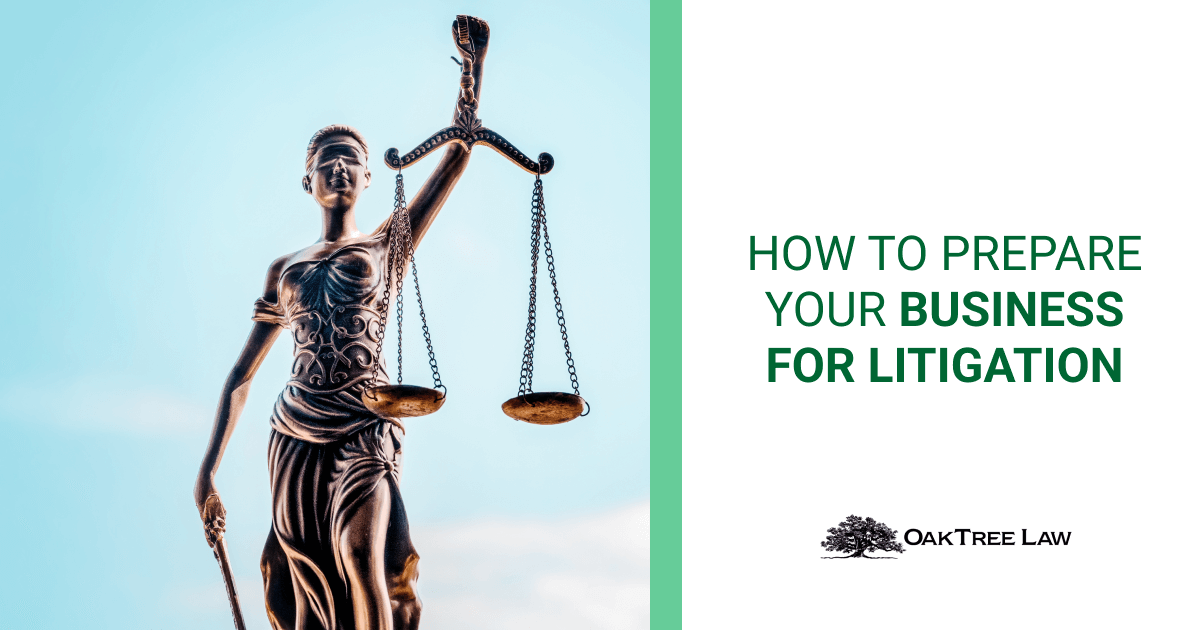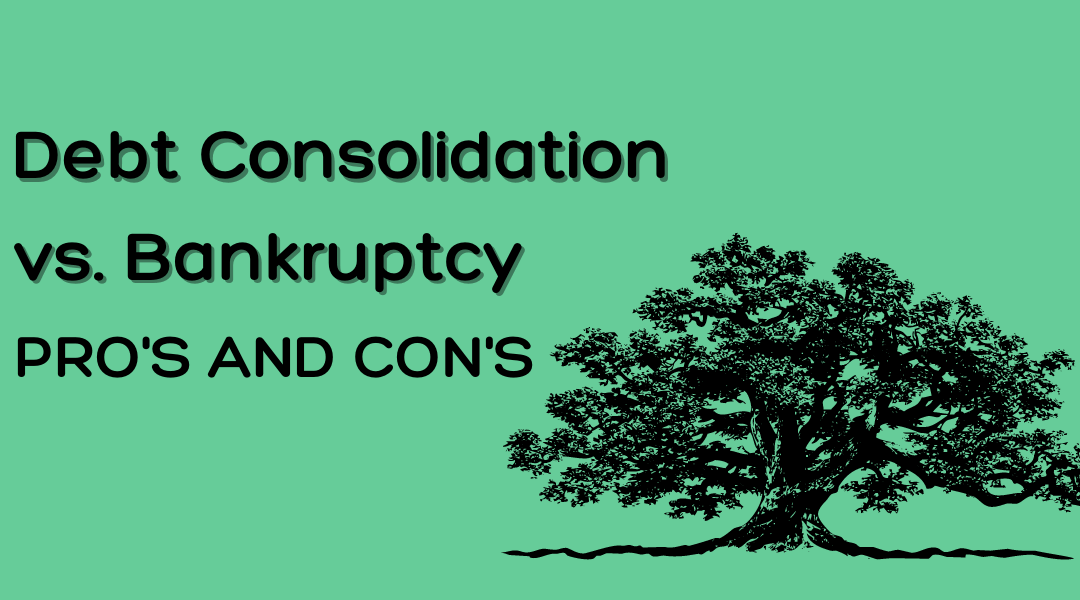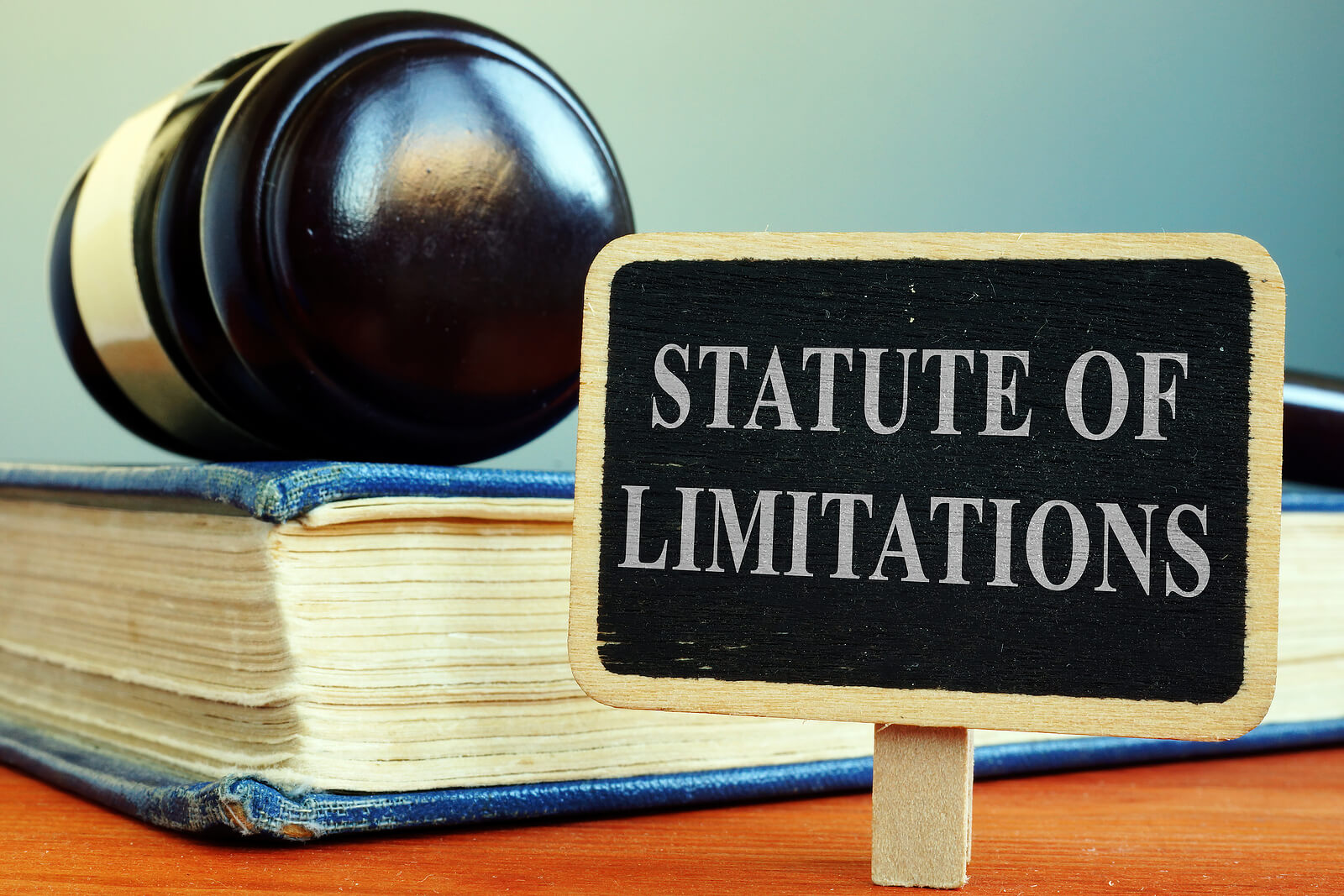If you’re considering cashing out your retirement savings to pay off debt, or worried that filing for bankruptcy will affect your 401(k), here is some information that can help you rest easy. Your 401(k) is usually protected. You won’t lose the funds in your account because of bankruptcy because federal law protects such accounts from creditors and bankruptcy trustees.
Isn’t Avoiding Bankruptcy Better?
Bankruptcy can be a beneficial solution, depending on your financial situation. It’s usually not wise to use the funds in your retirement account, that is unless all your debts can be paid off. Generally, it will just put a band-aid on the problem and eventually you’ll end up filing for bankruptcy anyway. Plus, you’ll lose your retirement savings and pay early withdrawal fees and tax penalties.
Chapter 7 vs. Chapter 13 Bankruptcy
Under Chapter 7 bankruptcy, your 401(k) plan can qualify under the Employee Retirement Income Security Act (ERISA), which most employer plans do. It restricts a trustee from selling off your savings to pay off debt. Even if your plan doesn’t qualify, your savings may still be protected under federal exemptions. One exemption protects all retirement funds that are tax free up to $1,362,800 per person. Qualifying for exemptions requires filing a Schedule C document with the bankruptcy court. In Chapter 13 bankruptcy, all tax-exempt retirement accounts are safe because you do not give up any property.
When Can My 401(k) Be in Danger?
While creditors and bankruptcy trustees cannot touch your 401(k), per the ERISA’s anti-alienation clause, the federal government can. The Internal Revenue Service (IRS) can seize your funds if you have an unpaid tax assessment or a federal tax levy is enforced. Your assets can also be distributed to an ex-spouse by court order.
One reason not to move funds from your 401(k) into another account before filing for bankruptcy is you will lose federal protections. And moving assets into your retirement account may appear as fraud. The trustee may then claim you’re interfering with the bankruptcy process, defrauding a creditor, or otherwise being untrustworthy, which can lead the court to dismissing your case. Withdrawing money to pay just one creditor is a bad idea too; this may be considered what’s called a preferential transfer. It’s therefore best to talk to a bankruptcy attorney before doing anything with your account.
In addition, your money may be at risk if you transfer it from a retirement account into a regular bank account just before your bankruptcy case begins. Any assets you purchase with 401(k) funds may also become part of the bankruptcy estate.
What If My Retirement Accounts Are Used as Income?
Your retirement income may be factored into your eligibility for Chapter 7 bankruptcy. It may also be calculated when creating your Chapter 13 repayment plan. Any income you receive from your retirement plan can be considered during the means test. However, Social Security payments are different in that they’re not considered income and won’t be calculated in determining your eligibility to file for bankruptcy.
Consult with a Los Angeles Bankruptcy Attorney at OakTree Law
Specializing in bankruptcy law and helping clients improve their financial situations, the attorneys at OakTree Law can help you navigate the bankruptcy process and avoid some of its risks. They can also guide you in making the right decisions, from avoiding certain actions to determining the type of bankruptcy that is best for you. In some cases, other options and alternatives may be explored. Call 562-219-2979 for a free evaluation.








